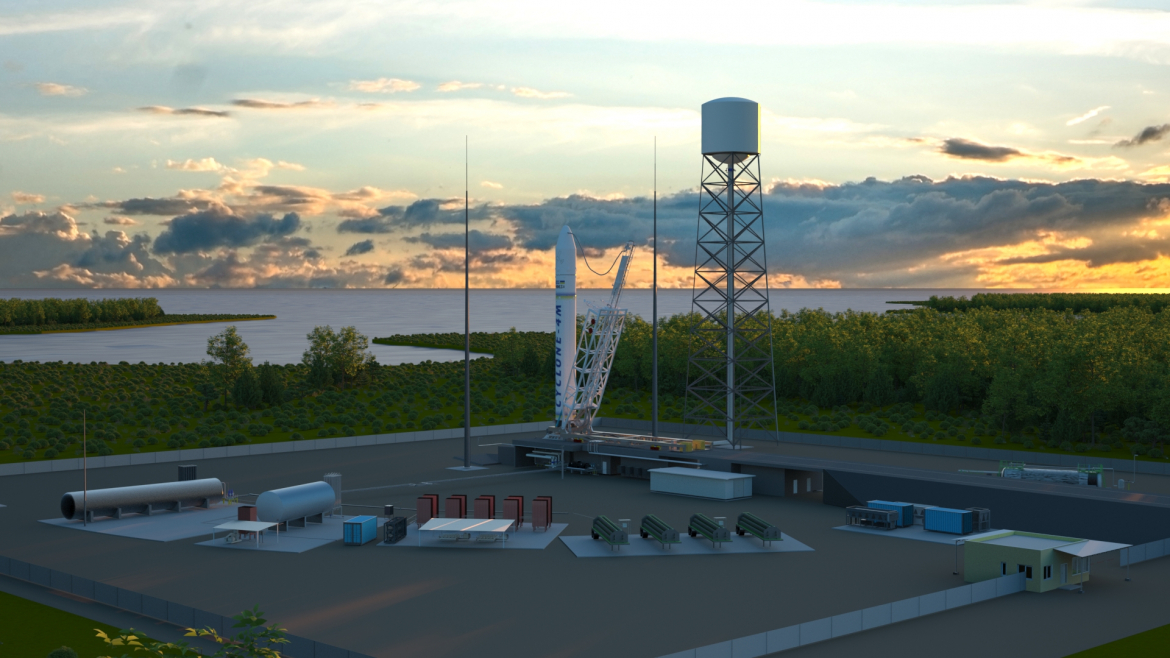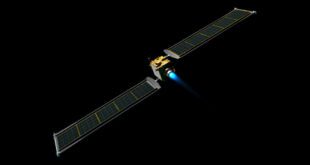
London, 29 September 2023 – Maritime Launch Services announced its suborbital launch program at Spaceport Nova Scotia on the 28th of September. It is currently scheduled to begin during the second quarter of 2024.
Maritime Launch’s suborbital program DART (Dedicated Altitude Research and Testing), is a program designed to offer flight opportunities to researchers across a wide range of mission capabilities, ranging from building and testing new concepts, high speed tracking, conducting research and testing payloads intended for future orbital missions and atmospheric monitoring and sampling.
During the first commercial suborbital launch campaign the manifest will carry experiments totalling up to 15 kg across two separate launch configurations. The DART program is available to serve a variety of clients including industry, academia, government agencies, and research and educational institutions in North America and internationally.
The company will be using flight proven suborbital vehicles configured for different client applications capable of launching payloads to the various extreme environments, including high-g accelerations, microgravity conditions as well as exposure to other high-altitude factors.
“Our suborbital launch program is a turnkey solution for clients. With seamless integration of experimental payloads into suborbital rocket missions, our Spaceport Nova Scotia team will manage all logistics, payload integration, and mission execution, so clients can focus solely on their payload objectives,” says Stephen Matier, President and CEO. “Given the success of our launch in July, which included the launch of the VCL-1 ChipSat survivability experiment, we are focused on maturing our launch heritage at the Spaceport while at the same time, support an underserved market and generate revenue.”
For their initial flight, Maritime Launch has received commitments from payload clients including GALAXIA Mission Systems, a space computation company based in Nova Scotia. For the launch, GALAXIA will be testing Hydra, a self-contained computer system that is designed for high-G atmospheric environments.
 SpaceWatch.Global An independent perspective on space
SpaceWatch.Global An independent perspective on space




